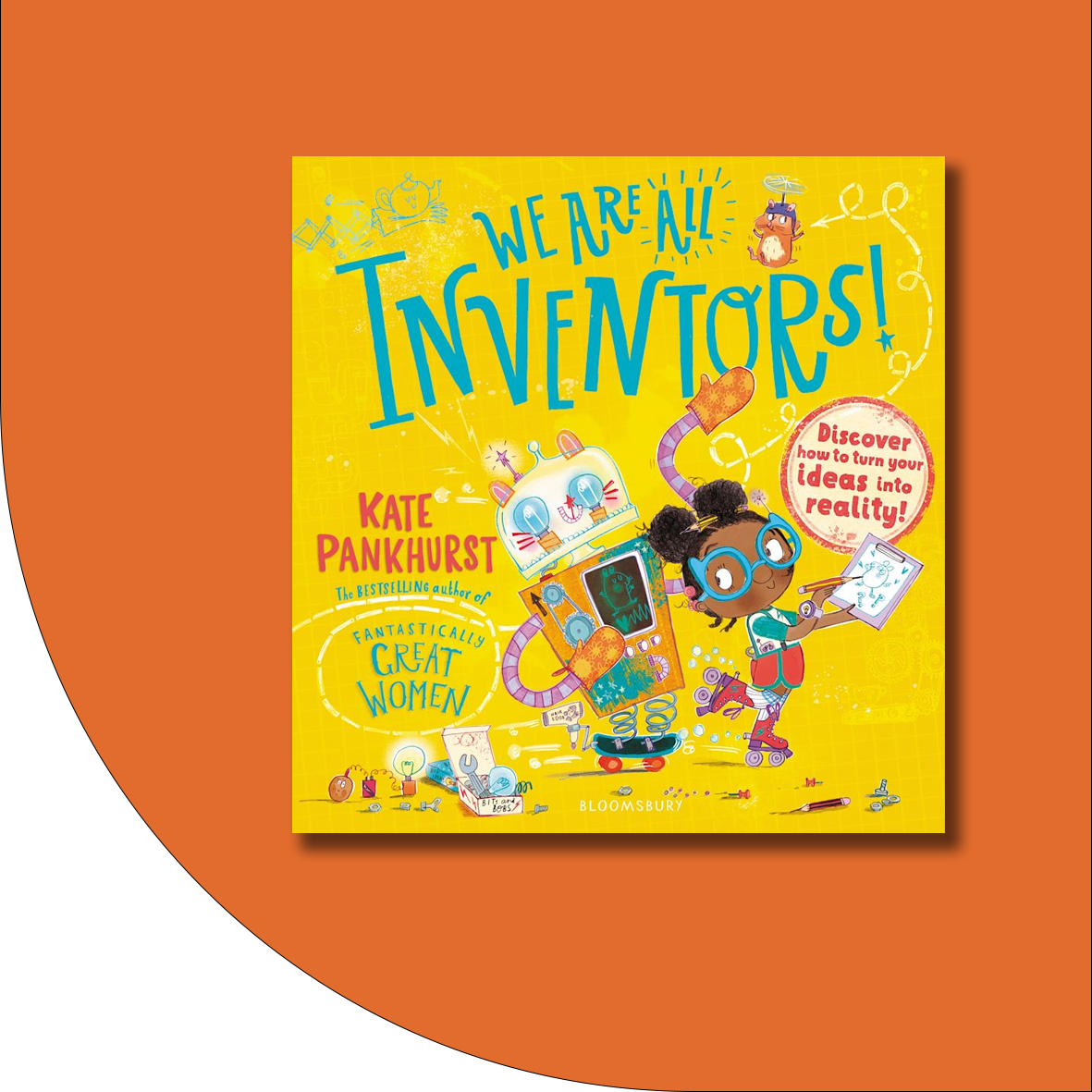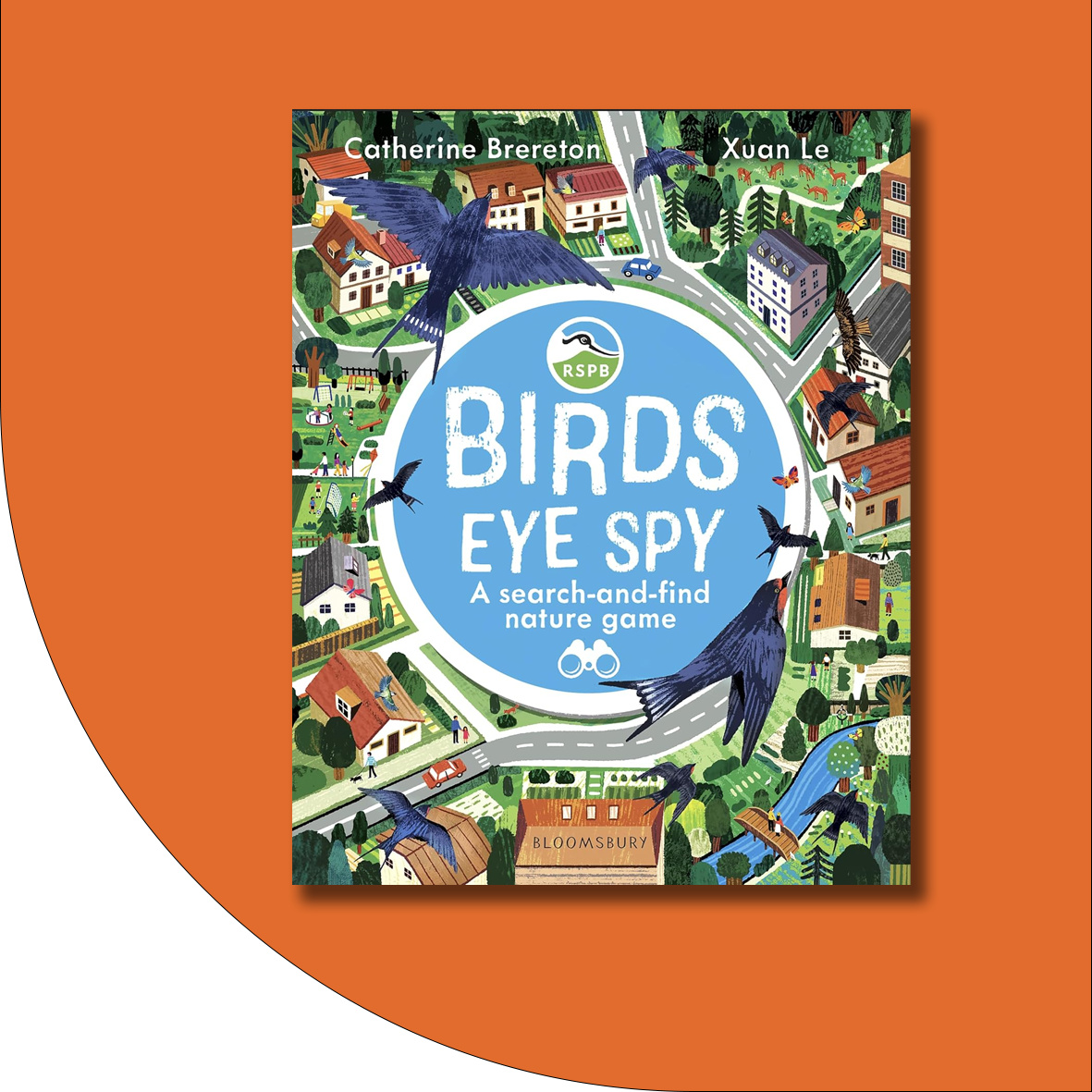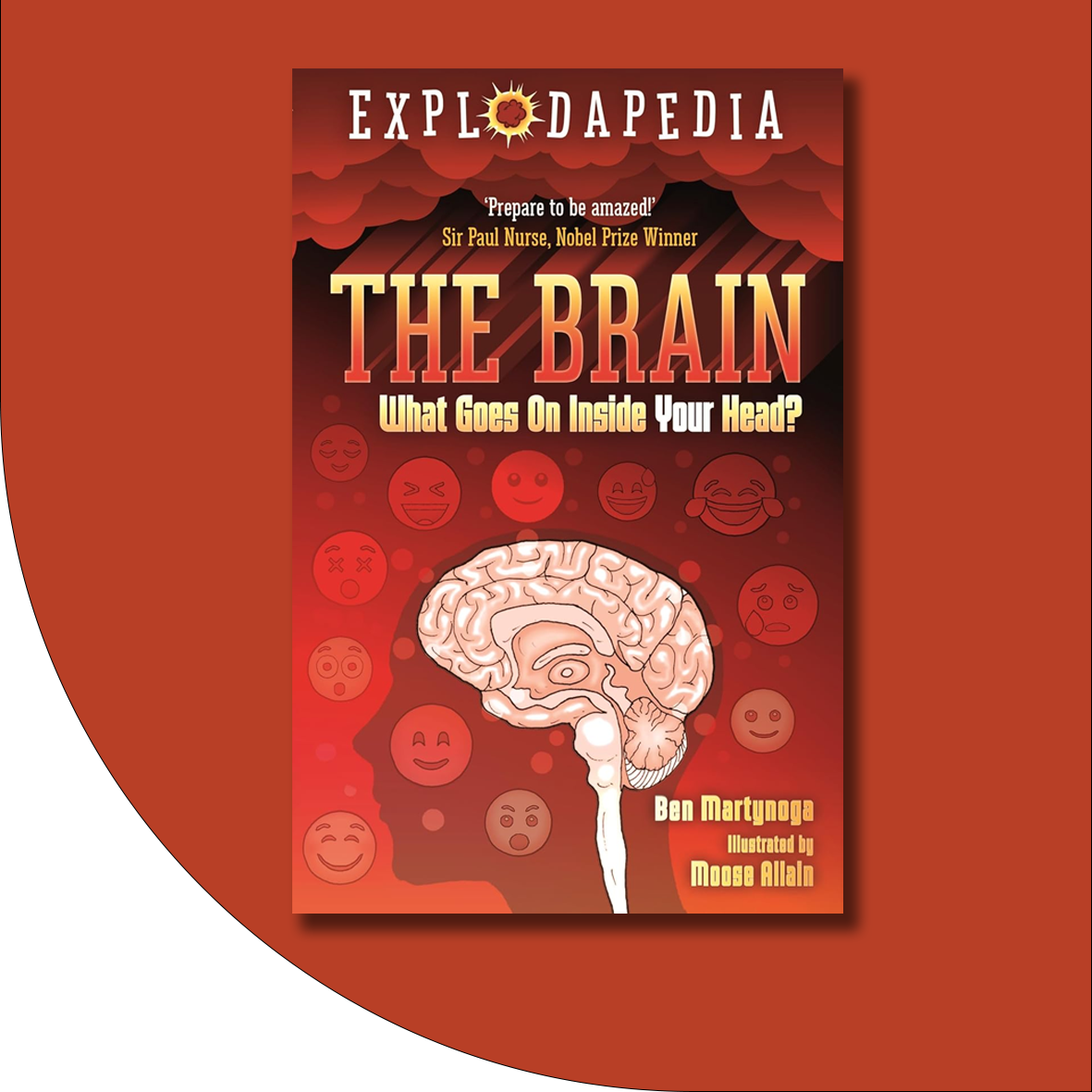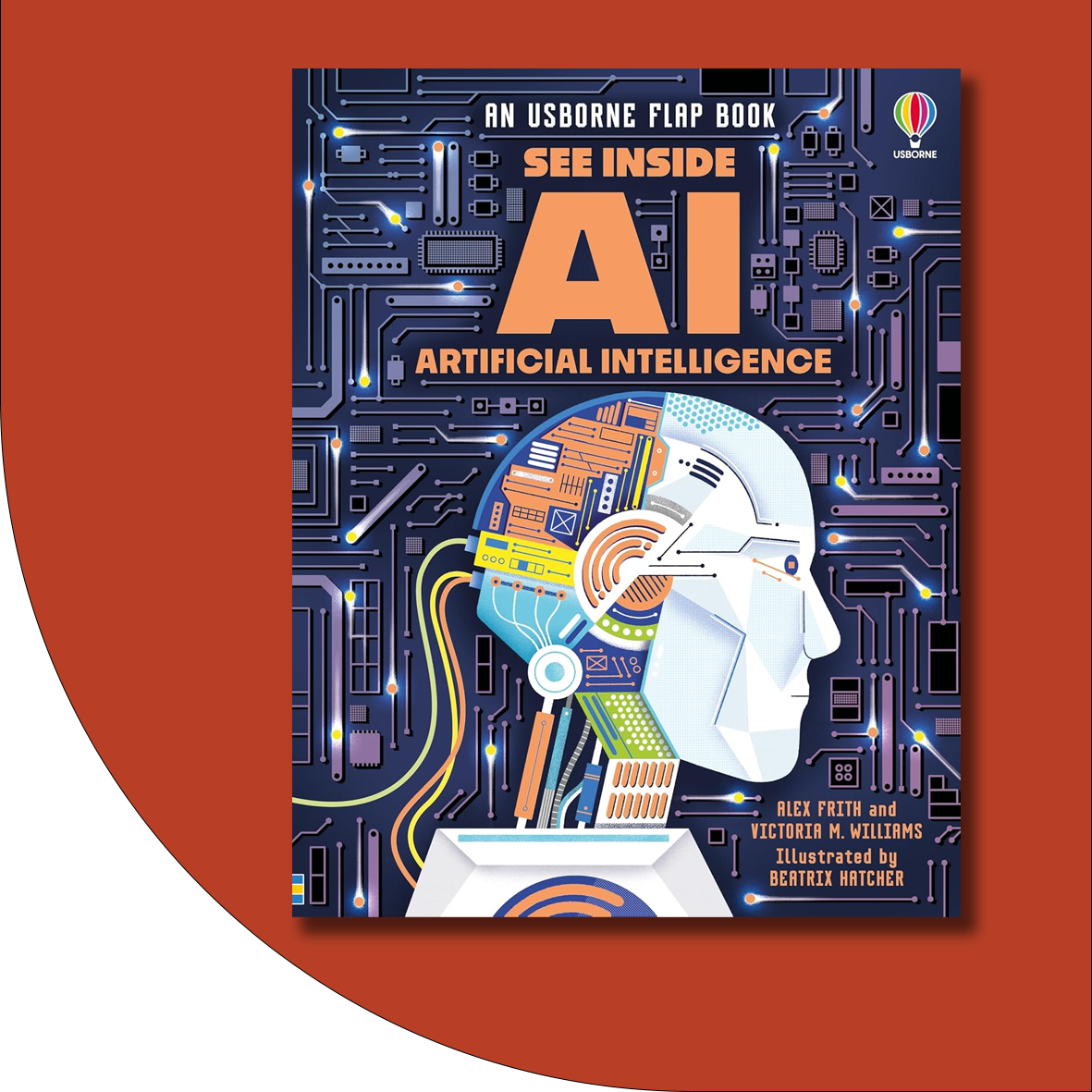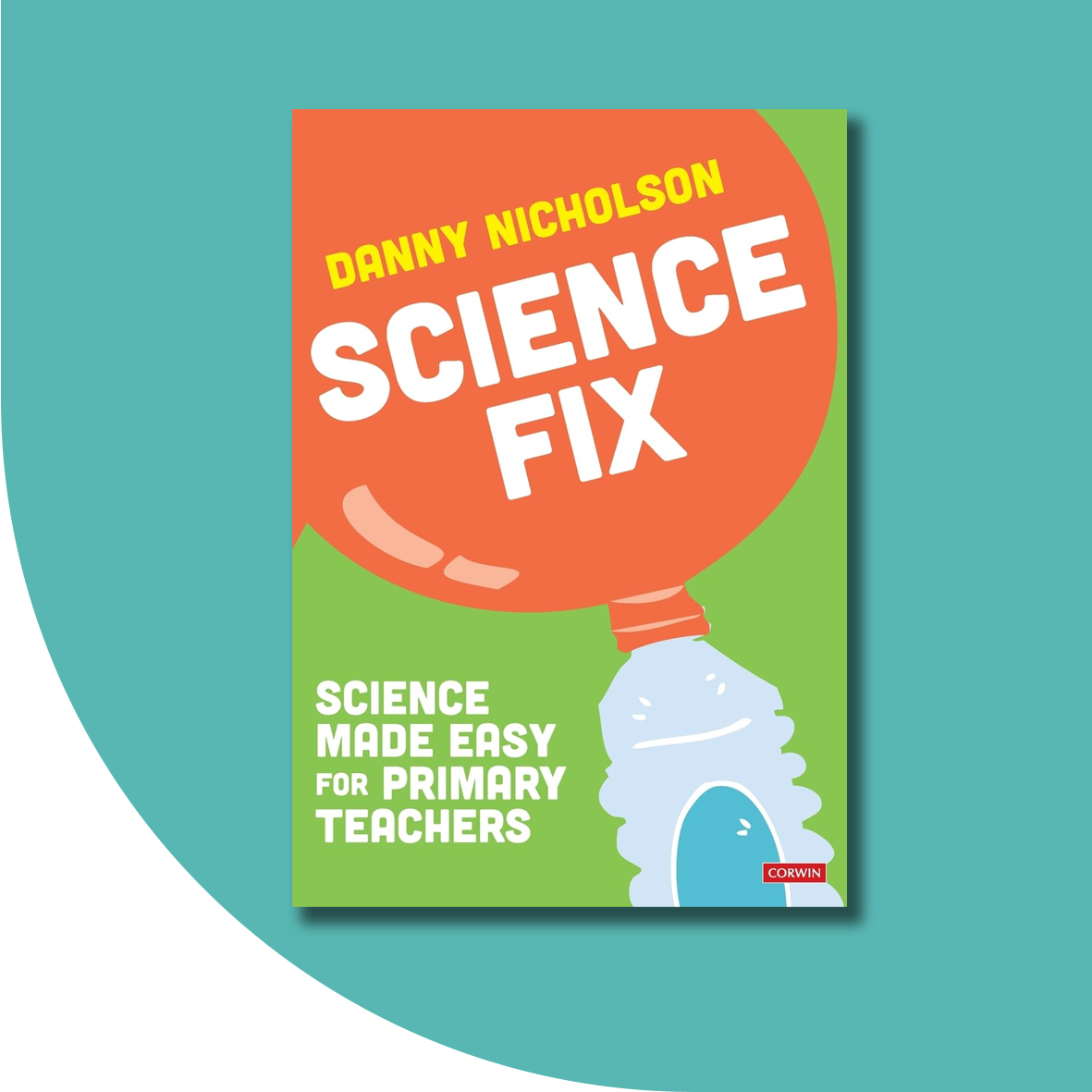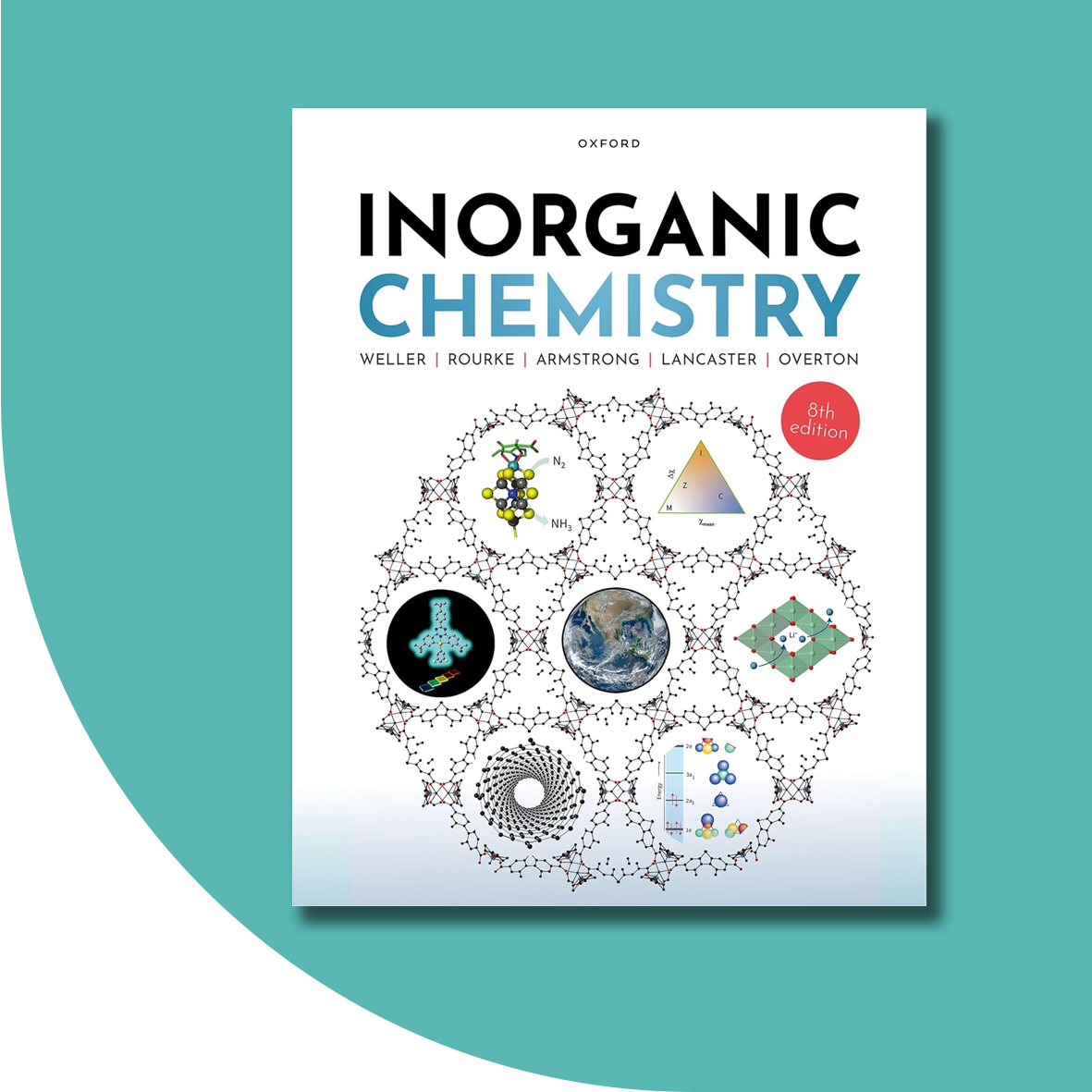ASE Book of the Year 2025 Shortlist
 We are delighted to announce the shortlists for ASE’s Book of the Year 2025. This is the tenth year of the award designed to celebrate science writing that educates and inspires science learners of all ages. Alongside the Primary and Secondary categories, we have introduced a new Textbook category this year. As with previous years, we have had lots of a wonderful submissions across all categories and we would like to thank all those who submitted publications and the authors and illustrators for all their hard work in producing such fantastic titles.
We are delighted to announce the shortlists for ASE’s Book of the Year 2025. This is the tenth year of the award designed to celebrate science writing that educates and inspires science learners of all ages. Alongside the Primary and Secondary categories, we have introduced a new Textbook category this year. As with previous years, we have had lots of a wonderful submissions across all categories and we would like to thank all those who submitted publications and the authors and illustrators for all their hard work in producing such fantastic titles.
Primary Shortlist
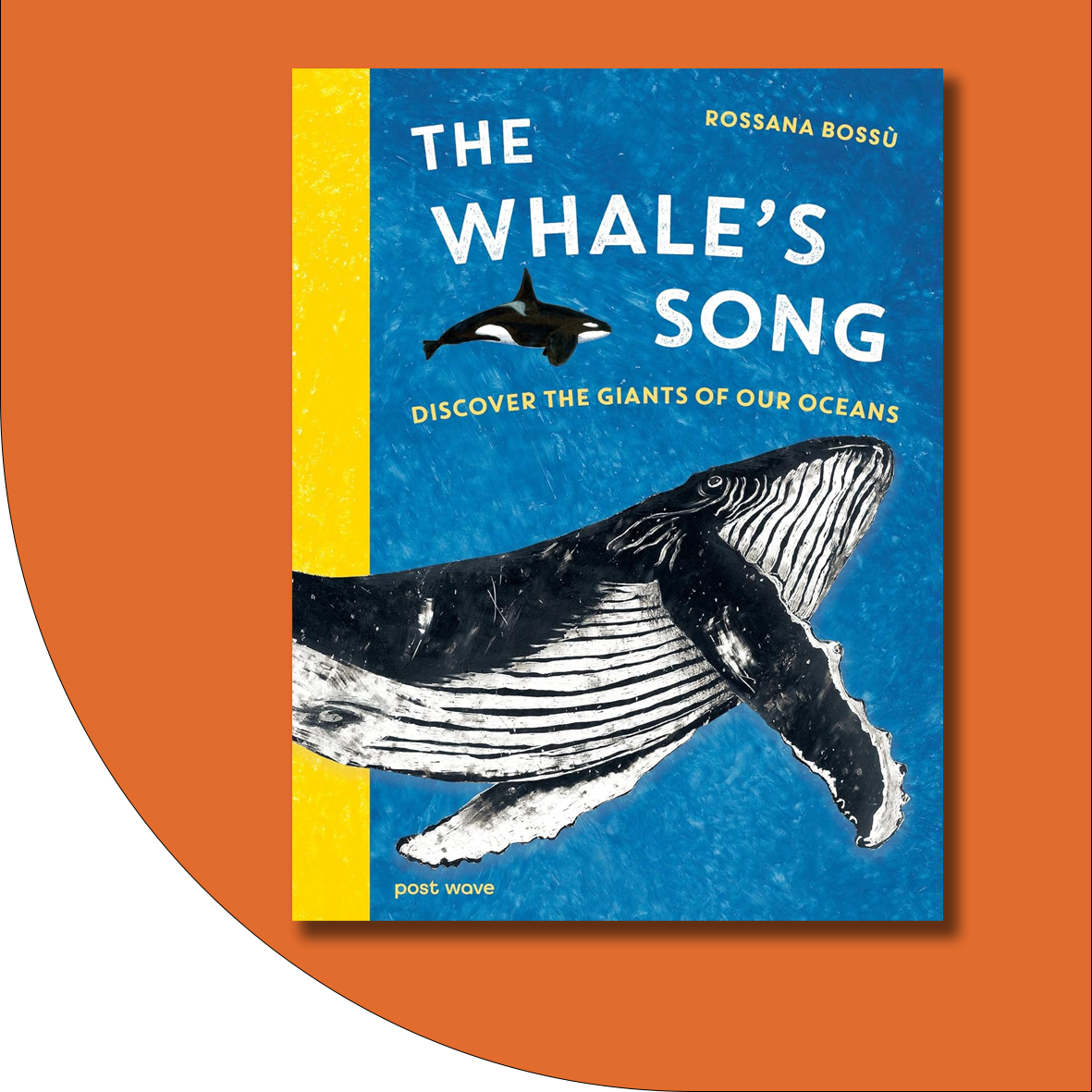 The Whale's Song: Discover the Giants of our Oceans
The Whale's Song: Discover the Giants of our Oceans
By Rossana Bossù, Translated by Margaret Greenan
Dive into the mysterious world of whales – symbols of the ocean's uncharted depths. Whales, the giants of the ocean, have fascinated people for centuries with their immense size and mysterious lives. Once hunted almost to extinction, they are now recognised as amazing creatures that play a vital role in keeping our oceans healthy. This book, filled with beautiful illustrations and engaging stories, teaches readers about the importance of protecting whales, and is perfect for sparking curiosity and a love for marine life, this book is a call to action to save these magnificent animals before they become legends.
By Kate Pankhurst
We Are All Inventors! is the perfect introduction to inventing for the next generation of curious creators, whoever they may be. Join Lizzy, Ruby and Gizmo in Kate Pankhurst's new non-fiction picture book series. Mixing STEM topics with a story of adventure and learning will inspire and entertain curious minds.
By Catherine Brereton, Illustrated by Xuan Le
In RSPB Bird's Eye Spy, you get to journey across the globe with this search-and-find book that invites you to see the world from a bird’s-eye view. Follow a flock of swallows and see what they see in this nature book of things to spot and talk about. Fly with the birds through the cities, coasts and countryside and over mountains and markets, farms, towns, open sea, rainforests, deserts and more.
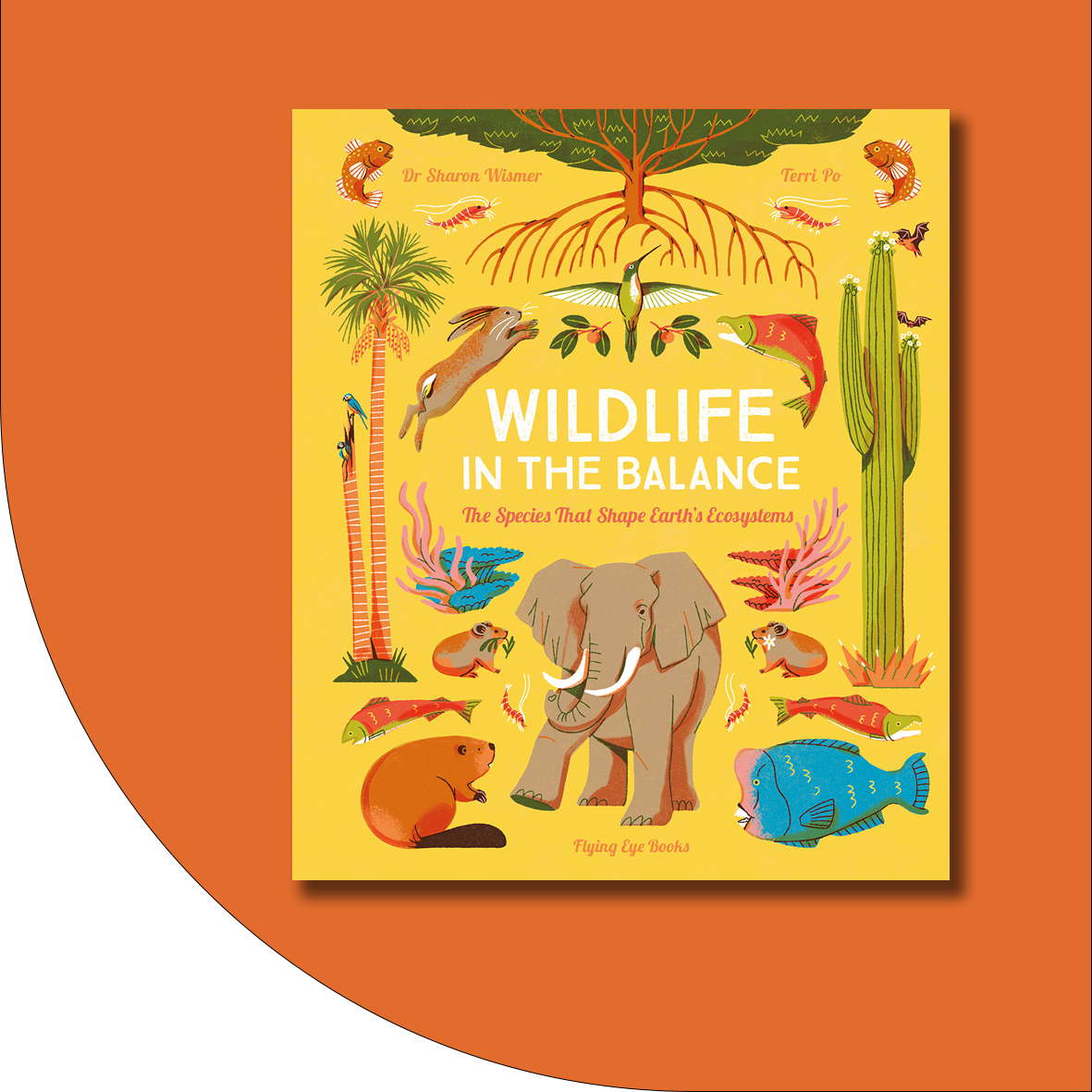 Wildlife in the Balance: The Species that Shape the Earth’s Ecosystem
Wildlife in the Balance: The Species that Shape the Earth’s Ecosystem
By Dr Sharon Wismer, Illustrated by Terri Po
A unique perspective on some of the latest conservation processes. This book combines information on habitats, wildlife and conservation work. Learn about 12 keystone species around the world from elephants to wolves, honeybees to beavers. The book will introduce readers to keystone animals across all the five major biomes (aquatic, grassland, forest, desert, and tundra) with facts about wildlife, habitats, and modern conservation practices to protect these species.
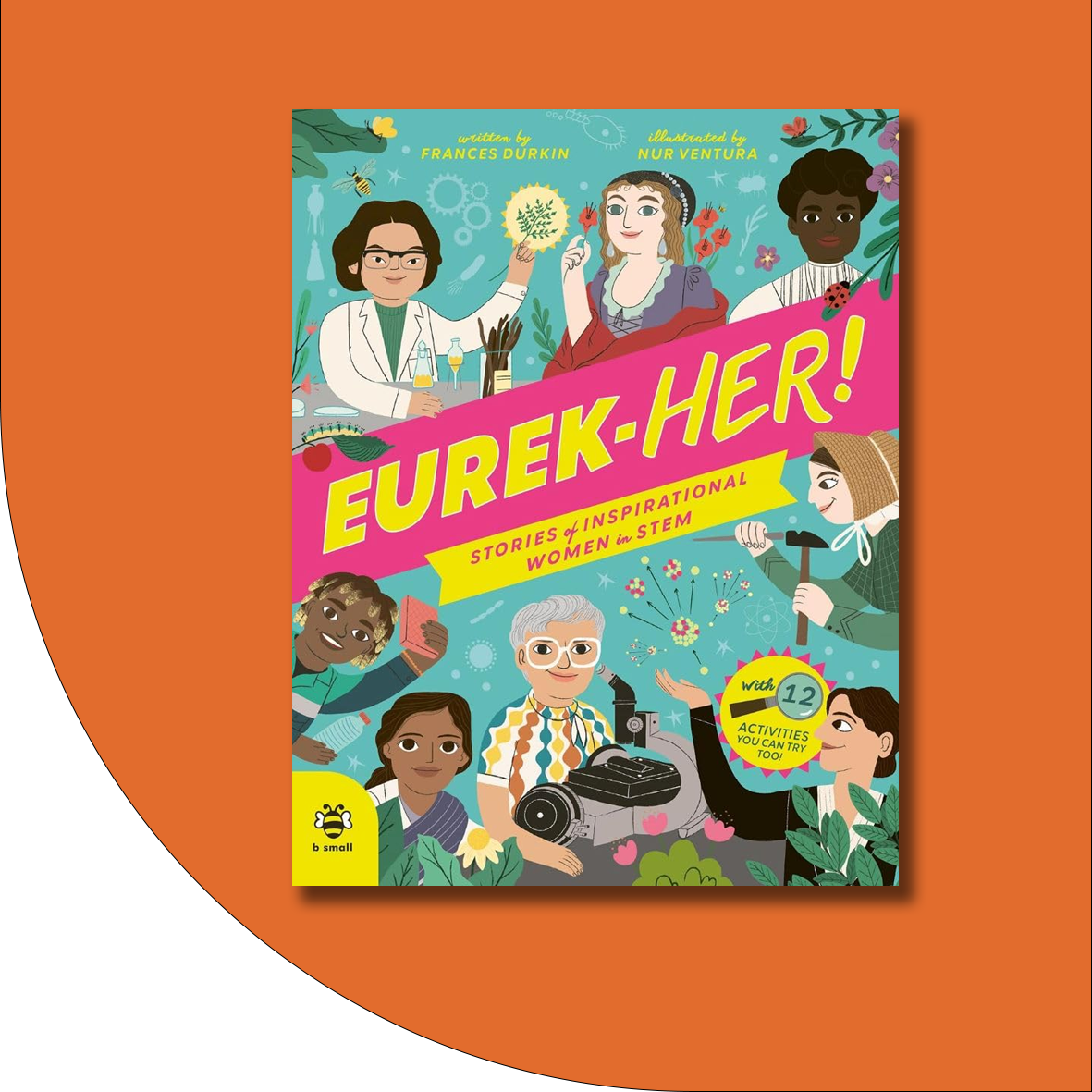 EUREK-HER! Stories of Inspirational Women in STEM
EUREK-HER! Stories of Inspirational Women in STEM
By Frances Durkin, Illustrated by Nur Ventura
In this book, 20 inspirational women from ancient Mesopotamia to the modern day, from all around the world and using many different forms of science, show readers how female scientists and inventors throughout history have turned their ideas into important inventions and discoveries that still help and inspire people today. The book also includes 12 experiments/activities for readers to try at home.
Secondary Shortlist
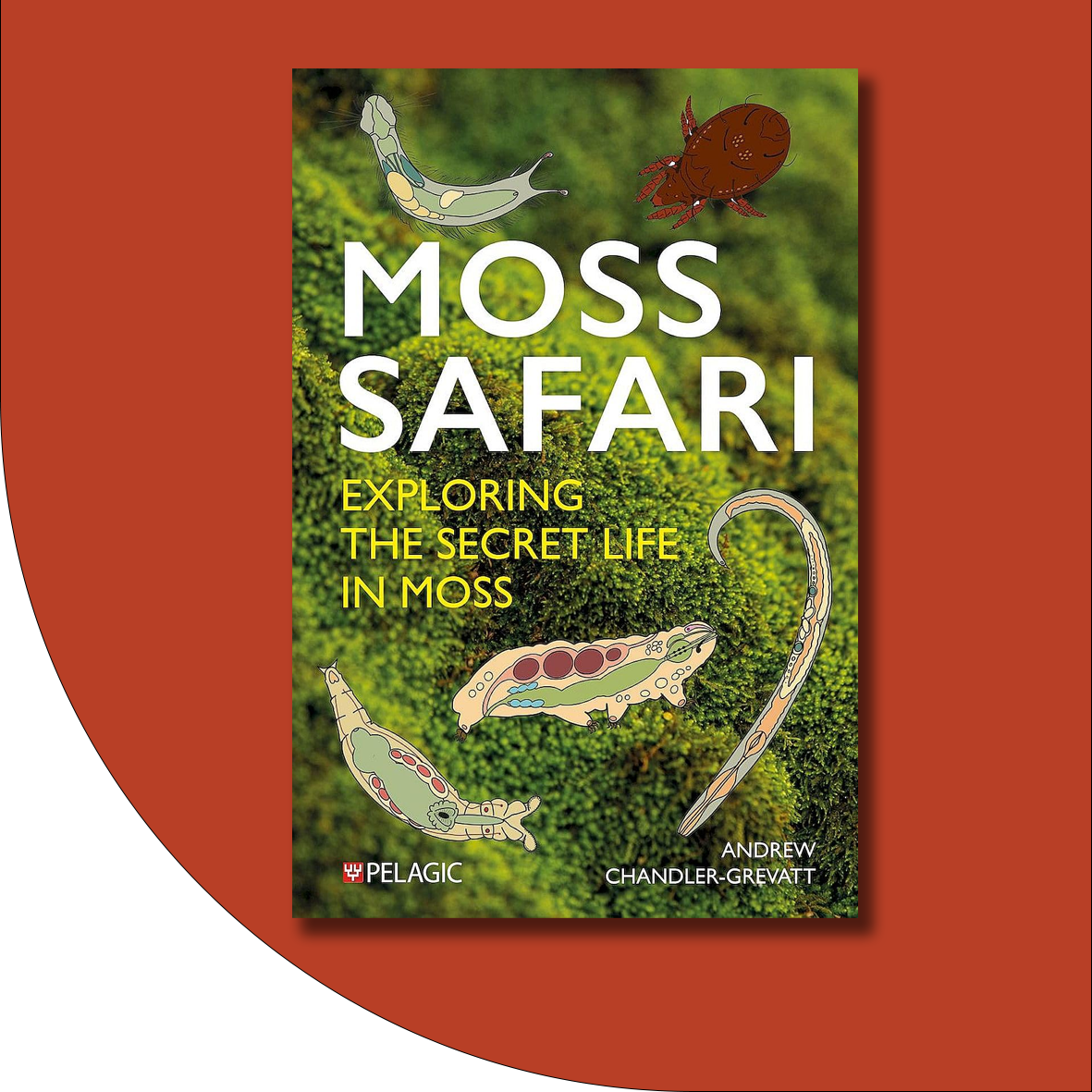 Moss Safari: Exploring the Secret Life in Moss
Moss Safari: Exploring the Secret Life in Moss
By Andrew Chandler-Grevatt
Moss Safari opens up an often-overlooked micro-world through accessible, engaging storytelling and hands-on exploration. It fosters curiosity and observation by guiding readers to discover microscopic life within ordinary moss. The book connects real organisms to scientific concepts such as adaptation, biodiversity, and environmental change, aligning closely with curriculum themes. With practical guidance for conducting your own “moss safari,” it empowers readers to become scientists themselves, whether amateur enthusiasts or future professionals, using low-cost equipment to observe, investigate, and question the natural world.
By Ben Martynoga, Illustrated by Moose Allain
Explodapedia is an exploded encyclopaedia – everything you need to know, one book at a time! In The Brain, you’ll meet the pioneer scientists who first peered inside our skulls, and explore fascinating and vital topics such as how social media impacts our mental health. It’s a fresh approach to non-fiction, taking key scientific subjects and presenting them in a way that’s hugely entertaining and readable, whilst still presenting reliable, serious, and in-depth information that will help readers gain a true and lasting understanding of these crucial topics. This book will help you maximise your understanding of our miraculous minds!
By Alex Frith & Victoria Williams, Illustrated by Beatrix Hatcher
A gripping, child-friendly introduction to a very timely topic which explores the opportunities - and risks - that AI could bring. Written in consultation with Professor Michael Wooldridge, from Oxford University's Department of Computer Science.
Textbook Shortlist
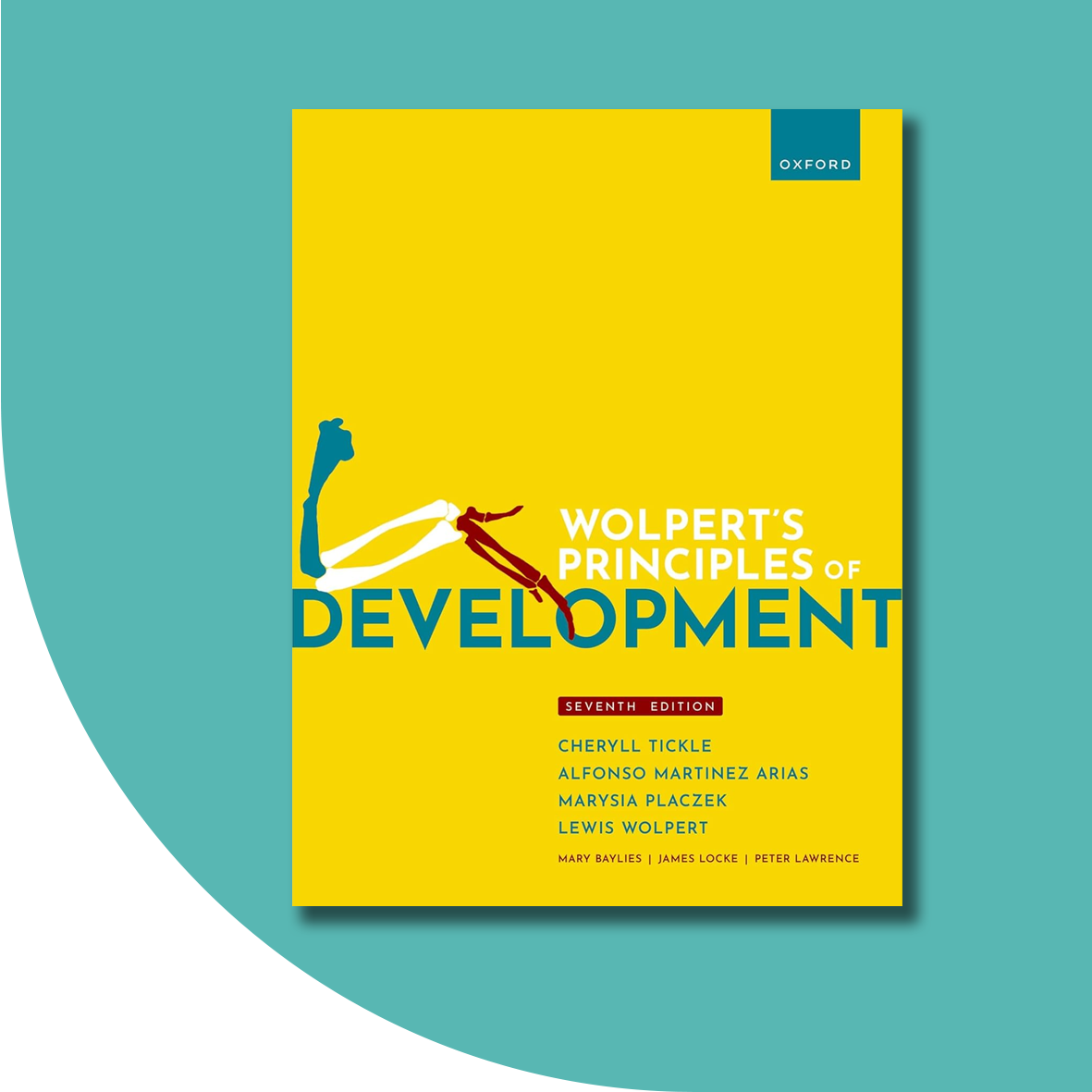 Wolpert's Principles of Development
Wolpert's Principles of Development
By Cheryll Tickle, Alfonso Martinez Arias, Marysia Placzek & Lewis Wolpert
Wolpert's Principles of Development, the latest edition of the prize-winning textbook, opens up the fascinating field of developmental biology to undergraduates studying biology, medicine, and veterinary science. By focusing on the underlying processes shared by diverse organisms, the textbook lays the foundation for a deep understanding. It includes custom-drawn artwork and integrated animations to help make it as straightforward as possible to visualise the processes and mechanisms of this challenging subject. It also incorporates detail from both classic and current research to help students understand how we know what we know about developmental biology.
By Danny Nicholson
Science Fix is a practical, easy-to-use guide that supports primary teachers in delivering engaging science lessons with confidence. Danny Nicholson clearly explains each area of the primary science curriculum, building teachers’ subject knowledge while offering practical strategies, clear planning advice, and ready-to-use activities that encourage scientific thinking in the classroom. By tackling common misconceptions and focusing on what it really means to work scientifically, this book equips teachers with the tools they need to help children explore, question, and learn like young scientists.
By Mark Weller, Jonathan Rourke, Fraser Armstrong, Simon Lancaster & Tina Overton
Leading students from the fundamental principles of inorganic chemistry right through to cutting-edge research at the forefront of the subject, Inorganic Chemistry is the ideal course companion for the duration of a chemistry degree. The authors are experienced and research-active, and this book provides comprehensive coverage of inorganic chemistry from fundamental theory to cutting-edge interdisciplinary research, with chapters dedicated to the rapidly developing areas of green chemistry and nanomaterials.

